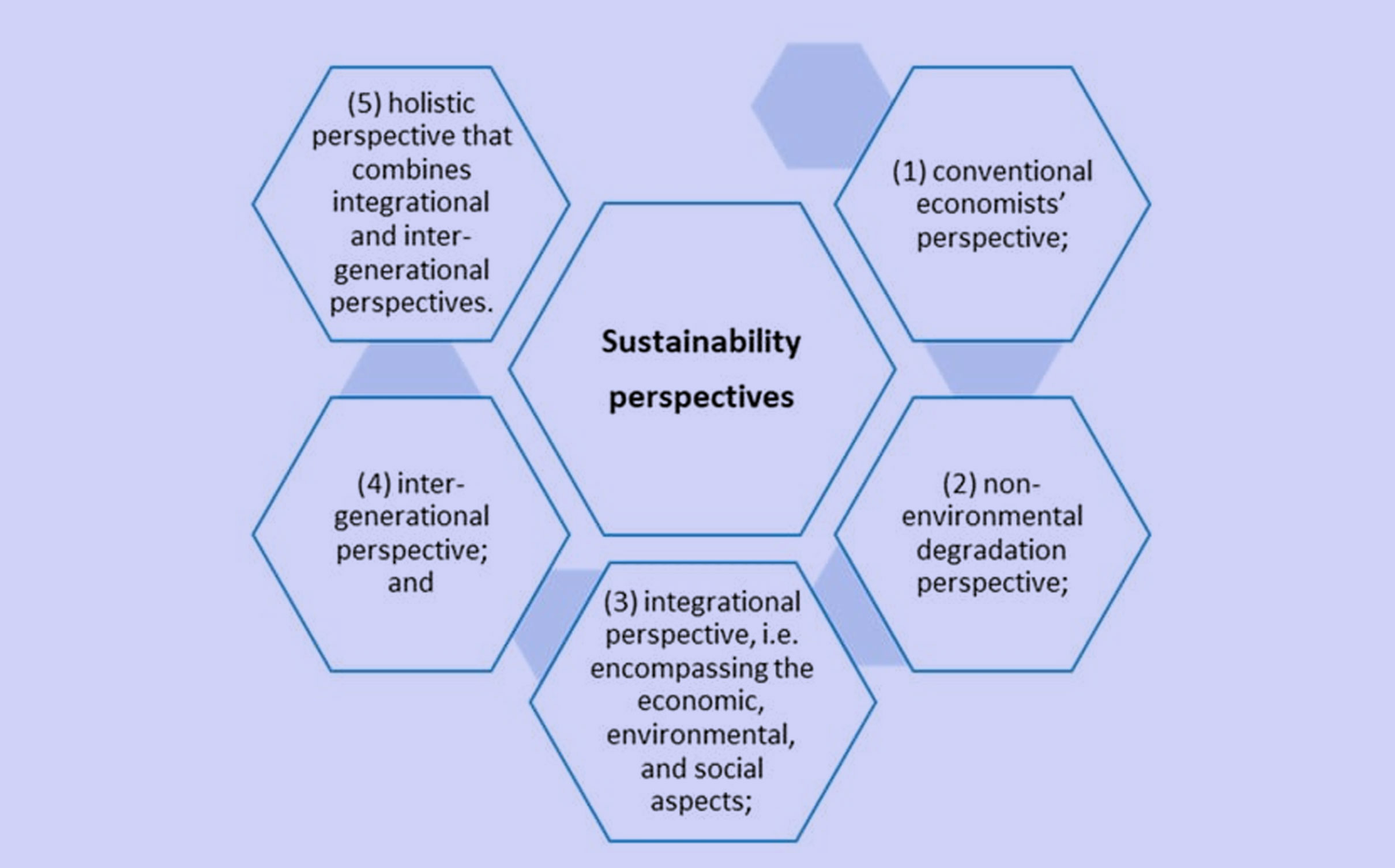Reframing business schools as learning organizations to achieve SDG
There can be little doubt that business schools in Kathmandu Valley are playing catch-up when it comes to incorporating responsible and sustainable business practices, fostering creativity and innovation, and crossing disciplinary boundaries in their pedagogical practices. Still, conventional norms for classroom practices and educational orientations have remained persistent. Whereas business schools need to adapt to and recognize changes in business dynamics, they are persistently searching for management professionals capable of realizing that solving business problems invariably refers to sustainable business practices. More importantly, management graduates need to come up with solutions that acknowledge and reflect the underlying link between the environment and the economy.
After all, changes in priorities within industries for sustainable and responsible business solutions have generated a need for a new set of skills, attitudes, creativity, inclinations, and expertise in the area of corporate social responsibility and sustainable business practices. Hence, just as other institutions in different sectors of the economy have continuously ungraded themselves for a competitive market driven by the ethos of sustainable business solutions that minimize the looming ecological crisis, business schools also need to come out of their conventional thinking and comfort zone and reframe themselves as learning organizations where a paradigm for teaching, learning, and understanding revolves around the concept of sustainability as core to the business model and developing critical thinking, creativity, and engaging business learners in the institutions in discussions, debates, and business simulations that encourage sustainability solutions.
Besides, the SDG-4, which aims to access every student to quality and sustainable education by 2030, it is necessary for business schools to include innovative educational programs through media, networking, and partnerships that reflect the ethos of sustainability in their pedagogical practices. Hence, business schools also have fundamental role in achievement of SDG Goal 17 by revitalizing their relationship with different industries to achieve sustainable development.
Business schools need to realize that, apart from the profit maximization model of the business community, they also need to reform, relearn, and reorient their practices of management education from the ecological and social standpoints of the United Nations Sustainable Development Goals. After all, the economic realities of the future may refer to business solutions that reflect and assimilate with the looming ecological and social crises. Hence, sustainability competencies have become the core competencies of managers and business practitioners.
To begin with, organizational learning is characterized by an organization whose members are willing and able to perceive and respond to the need to develop and change. However, the hierarchical structure and rigidity of systemic practices in business schools continue to be barriers when it comes to implementing and improving systematic transformation in business schools and recreating them as learning organizations that sustain sustainable practices. Hence, business schools need to transform their systematic practices in such a way that they continue to recognize sustainable opportunities in business realities. After all, the value creation, financial drivers and future investment will be determined by those products and services that are perceived as eco-friendly and environmentally sustainable by mass consumers.
For transformation to occur, educational leaders and educators in business schools need to learn new methods, practices, and approaches, as well as unlearn their past comforts and adjust to the changing dimensions of business realities, where the ethos of sustainability to overcome ecological crises has become undeniable. However, within the realities of business schools, the lack of collaboration, isolation approach, and individualistic teaching culture of an organization remain powerful barriers to learning sustainable and responsible business practices. Besides, the learning process in business schools has been limited to a series of unconnected initiatives where one part learns and the other part does not, creating a dysfunctional process.
Here, it is important to realize that learning organizations are characterized by total employee involvement in a process of collaboratively conducted, collectively accountable change directed towards shared values. After all, transformation can’t happen in isolation; it requires a systemic leap. Hence, business schools in Kathmandu Valley also need to create networks with the business community, enhance their ability to share knowledge among educational institutions, and be supported by transformational leadership and engagement with large business communities.
Without collaborative efforts and knowledge sharing, it will be impossible for management graduates of business schools to come up with business solutions that focus on the conservation of natural resources and effectively deal with the numerous environmental challenges and their socio-economic consequences through innovation, creative thinking, and technological advancements. Therefore, need for partnership goals as highlighted by SDG-17 becomes important part of any creative and sustainable business initiations that aims at reducing burden of already depleting natural resources.
Finally, business schools as learning organizations need to facilitate a positive and safe learning environment, openness to new ideas and different approaches, and systematic reflection that stimulates a conscious adaptation towards ethical and sustainable ideas, methods, and processes. As SDG-4 aims to ensure inclusive, sustainable, and equitable quality education and promote lifelong learning opportunities, it is necessary for business schools to reframe themselves as learning organizations that can explore, implement, and provide quality, responsible, and sustainable education to their management scholars, who can develop business models out of sustainable opportunities.
Written By : Gaurav Ojha
Institute : Global College International, Nepal


